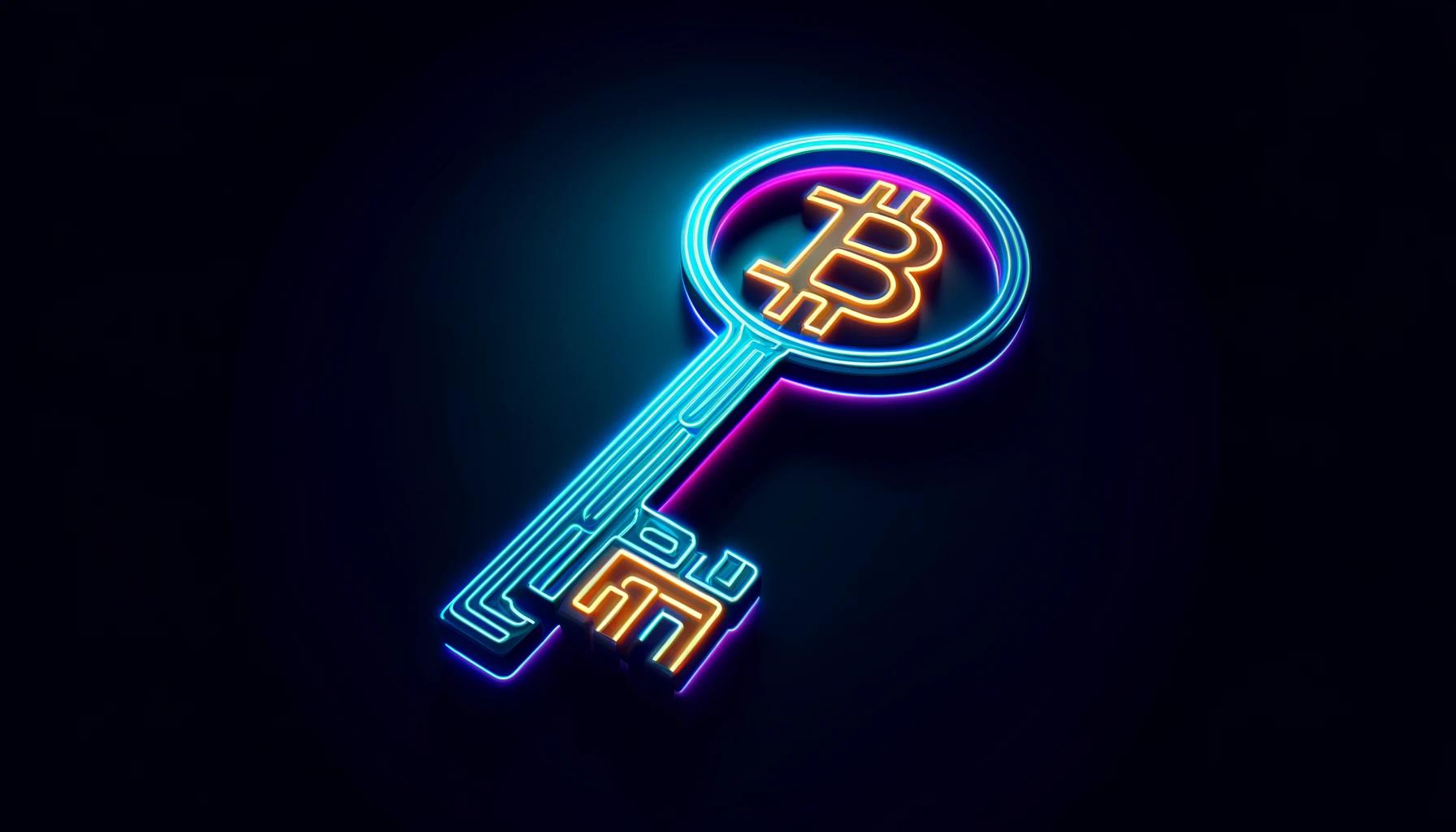According to industry experts, the custodian in question is Cobo.
Daunting information regarding Bitcoin’s decentralization surfaced today as news emerged that a single custodian controls the coinbase address for nine mining pools.
The single custodian – which experts signal is Cobo – represents 47% of the total hashrate.
Coinbase transactions refer to the first transaction in a block, which issues newly created bitcoin to the miner that solved the cryptographic lottery known as Proof of Work. The transaction also includes the block reward used to pay miners for securing the network – set to be cut in half in 10 days due to Bitcoin’s quadrennial halving.
Bitcoin fell nearly 4% $69,011, a 3.7% drop on the day. The asset has been in a tight range, trading between $66,000 and $72,000 in the past week.

The custodian was identified by pseudonymous developer Mononaut, who helps run mempool.space, a visualization platform of Bitcoin’s blockchain.
According to Mononaut, the single custodian has been consolidating mining rewards from AntPool, F2Pool, Binance Pool, Braiins, btccom, SECPOOL and Poolin.
Ultimately, this means that the custodian holds the keys to 47 of every 100 freshly minted Bitcoin.
Outsourcing Custody
In Dec. 2023, Mononaut had already pointed out that over 40% of Bitcoin mining rewards were being directed to a single custodian.
According to the developer, the likely reason behind the consolidation is outsourcing custody and payout management for miners.
User Activated Soft Fork?
Some triggered the fire alarm today.
“This is bad because this custodian can practically UASF or URSF anything it wants,” said Francis Pouliot, founder and CEO of Bull Bitcoin, a Canadian Bitcoin exchange.
UASF is an abbreviation for ‘User Activated Soft Fork’ and represents a mechanism in which the activation time of a blockchain soft fork is enforced by full nodes, which are commonly referred to as the economic majority.
Bitcoin went through a UASF in 2017, as the Blocksize War, which took place between 2015 and 2017, ended with the SegWit implementation and the continuation of 2MB blocks. The losing side, which aimed to increase Bitcoin’s block size, went on to create Bitcoin Cash (BCH) and Bitcoin Satoshi’s Vision (BSV).
However, Pouliot actually refers to a 51% attack, in which a majority of the mining hashrate colludes to strike the Bitcoin blockchain, potentially through a double spend or a transaction re-arrangement.
“Pretty Trivial To Change Custodian”
Meanwhile, others say the overall situation is somewhat inconsequential.
“I don’t see an issue; it’s pretty trivial to change custodian for a mining pool,” said Tuur Demesteer, advisor to Blockstream and long-time Bitcoin analyst.
His view resonates with Mononaut’s, who pointed out that another mining pool, Luxor, changed its custodian after the developer tweeted about this same situation in late December.

Much like the Bitcoin ETFs holding a large number of Bitcoin on behalf of their customers doesn’t undermine the underlying network’s decentralization, having a single entity control the keys to nearly half of newly minted Bitcoin isn’t exactly worrying.
That’s what $1.3 trillion in market cap hopes, at least.
Read More: thedefiant.io









 Bitcoin
Bitcoin  Ethereum
Ethereum  Tether
Tether  XRP
XRP  Solana
Solana  USDC
USDC  Dogecoin
Dogecoin  Cardano
Cardano  TRON
TRON  Lido Staked Ether
Lido Staked Ether  Sui
Sui  Wrapped Bitcoin
Wrapped Bitcoin  Chainlink
Chainlink  Wrapped stETH
Wrapped stETH  Avalanche
Avalanche  Stellar
Stellar  Shiba Inu
Shiba Inu  Hedera
Hedera  Hyperliquid
Hyperliquid  Toncoin
Toncoin  Bitcoin Cash
Bitcoin Cash  USDS
USDS  LEO Token
LEO Token  Litecoin
Litecoin  Polkadot
Polkadot  WETH
WETH  Monero
Monero  Wrapped eETH
Wrapped eETH  Bitget Token
Bitget Token  Pepe
Pepe  Pi Network
Pi Network  Binance Bridged USDT (BNB Smart Chain)
Binance Bridged USDT (BNB Smart Chain)  Coinbase Wrapped BTC
Coinbase Wrapped BTC  Ethena USDe
Ethena USDe  WhiteBIT Coin
WhiteBIT Coin  Uniswap
Uniswap  Bittensor
Bittensor  NEAR Protocol
NEAR Protocol  Aptos
Aptos  Dai
Dai  Aave
Aave  Ondo
Ondo  OKB
OKB  sUSDS
sUSDS  Ethereum Classic
Ethereum Classic  Internet Computer
Internet Computer  BlackRock USD Institutional Digital Liquidity Fund
BlackRock USD Institutional Digital Liquidity Fund  Cronos
Cronos  Official Trump
Official Trump